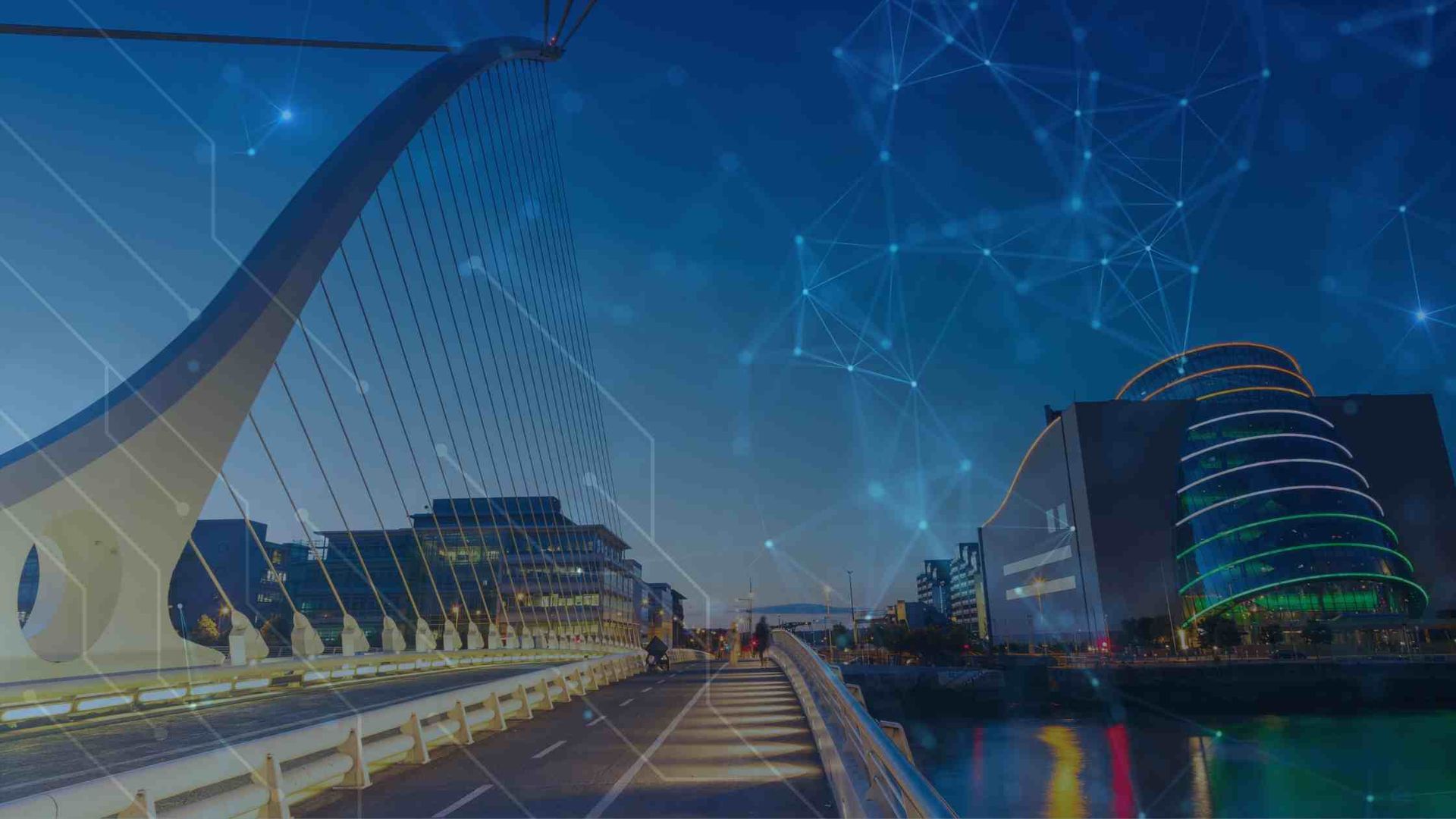How Employers Can Build Agile, AI-Augmented Teams That Deliver Results
As artificial intelligence (AI) continues to reshape the workplace, one thing is becoming clear: the future of work isn’t about humans versus AI — it’s about humans with AI.
For employers, the question is no longer if AI will impact your teams, but how you can harness it effectively — without losing the human touch. Rather than replacing workers, AI is rapidly evolving into a powerful enabler, allowing employees to focus on higher-value tasks while automating repetitive or time-consuming work.
The most successful companies in 2025 will be those that invest in AI and their people — building teams that are not only tech-enabled, but agile, adaptable and strategically aligned.
AI Adoption Is Accelerating in Workplaces
AI investment is ramping up across sectors — from Life Sciences and Financial Services to Technology and Legal. According to a 2024 PwC Ireland survey, over 60% of Irish business leaders said they are currently investing in AI tools to drive productivity, improve decision-making, and streamline workflows.
McKinsey research shows that organisations using AI at scale are achieving real returns — with significant gains in efficiency, innovation, and employee satisfaction when implemented thoughtfully.
But as AI adoption increases, it brings challenges too:
- Skills gaps are widening, especially in non-tech roles
- Change fatigue and resistance to automation remain common
- Many leaders are unsure how to align AI investment with talent strategy
That’s where building collaborative Human and AI teams comes in.
Why Human + AI Collaboration Matters
AI doesn’t work in isolation — it needs people to direct it, interpret its outputs, and apply it meaningfully in business contexts. At the same time, people benefit from AI’s ability to process vast amounts of data quickly, automate routine work, and unlock insights that weren’t previously accessible.
- In a collaborative team model, both strengths are leveraged.
Key Benefits of Human + AI Teams:
- Increased productivity: AI handles time-consuming administrative tasks, freeing up human talent for creative, strategic work.
- Faster decision-making: Teams can access real-time data insights without needing advanced technical skills.
- Reduced burnout: Repetitive workloads are automated, allowing teams to focus on impactful tasks.
- Greater innovation: With AI streamlining operations, employees have more time to experiment, ideate, and innovate.
Crucially, Human and AI collaboration can be applied across functions — not just in data science or engineering. In Life Sciences, AI tools assist in clinical trial analysis. In legal firms, they’re helping with contract review. In financial services, AI is used for fraud detection and customer insight generation.
How to Build Collaborative Human and AI Teams
For employers and hiring managers, success depends on more than just purchasing the right tools — it requires reshaping how teams are structured, supported, and led.
Here’s how to get started:
1. Redefine Roles with AI in Mind
As AI becomes embedded in workflows, job descriptions and team structures need to evolve. Start by auditing how AI is already being used across your teams — then identify opportunities to reallocate time and responsibility.
For example:
- Customer support roles may shift to focus more on relationship building, while AI handles FAQs and ticket triage.
- Financial analysts might spend less time on spreadsheets and more time on strategic recommendations.
- Rather than thinking in terms of job replacement, think in terms of job redesign.
2. Hire for AI-Adaptive Skills
The most valuable employees in AI-enabled teams aren’t necessarily those with deep technical knowledge — but those who are agile, curious, and comfortable working with technology.
In hiring, prioritise:
- Critical thinking
- Problem-solving
- Data literacy
- Communication and collaboration skills
- These “fusion” or “integrative” skills allow employees to bridge the gap between human judgement and machine intelligence.
3. Invest in Ongoing Upskilling
A successful Human+AI team is not built in one hiring cycle — it requires continuous learning. According to Microsoft’s 2024 Work Trend Index, 71% of employees say they need AI-related training to stay competitive in their roles.
Employers should:
- Offer structured learning pathways for both tech and non-tech teams
- Make AI training part of onboarding and performance reviews
- Encourage experimentation and feedback on AI tools in use
- Upskilling isn’t just an L&D concern — it’s now a business priority.
4. Lead With Clarity and Context
Change management is critical. When introducing AI into workflows, leaders must communicate the why, what, and how clearly. Address concerns around job security, and emphasise how AI is a support — not a replacement.
- Create a culture where it’s safe to ask questions, test new tools, and iterate on processes. That’s where the real collaboration starts.
Final Thoughts: It’s Time to Rethink Teams
Human + AI collaboration is not a future concept — it’s happening now. And the companies that embrace this mindset shift will be the ones best positioned for growth, resilience, and innovation in 2025 and beyond.
As a hiring manager or business leader, the question isn’t “Will AI impact my team?” — it’s “Am I building the right team to thrive in an AI-enabled world?”
Need Support Building Future-Ready Teams?
At Mason Alexander, we help companies across Ireland navigate the evolving AI talent landscape. Whether you’re hiring for AI-augmented roles or upskilling existing teams, our specialist consultants can help you:
- Source candidates with the right blend of human and digital skills
- Position your employer brand as future-focused and people-first
- Create talent strategies that support long-term growth
Let’s build the next generation of teams — together. Contact our AI Recruitment specialists today.



